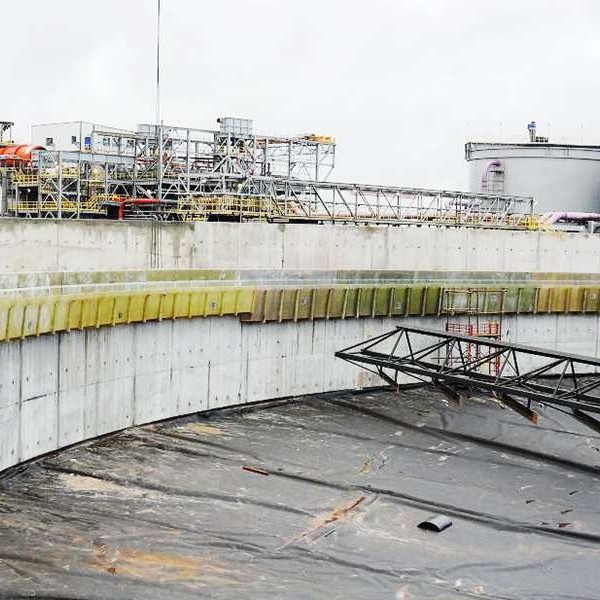
-
 Afrikaans
Afrikaans -
 Albanian
Albanian -
 Amharic
Amharic -
 Arabic
Arabic -
 Armenian
Armenian -
 Azerbaijani
Azerbaijani -
 Basque
Basque -
 Belarusian
Belarusian -
 Bengali
Bengali -
 Bosnian
Bosnian -
 Bulgarian
Bulgarian -
 Catalan
Catalan -
 Cebuano
Cebuano -
 China
China -
 China (Taiwan)
China (Taiwan) -
 Corsican
Corsican -
 Croatian
Croatian -
 Czech
Czech -
 Danish
Danish -
 Dutch
Dutch -
 English
English -
 Esperanto
Esperanto -
 Estonian
Estonian -
 Finnish
Finnish -
 French
French -
 Frisian
Frisian -
 Galician
Galician -
 Georgian
Georgian -
 German
German -
 Greek
Greek -
 Gujarati
Gujarati -
 Haitian Creole
Haitian Creole -
 hausa
hausa -
 hawaiian
hawaiian -
 Hebrew
Hebrew -
 Hindi
Hindi -
 Miao
Miao -
 Hungarian
Hungarian -
 Icelandic
Icelandic -
 igbo
igbo -
 Indonesian
Indonesian -
 irish
irish -
 Italian
Italian -
 Japanese
Japanese -
 Javanese
Javanese -
 Kannada
Kannada -
 kazakh
kazakh -
 Khmer
Khmer -
 Rwandese
Rwandese -
 Korean
Korean -
 Kurdish
Kurdish -
 Kyrgyz
Kyrgyz -
 Lao
Lao -
 Latin
Latin -
 Latvian
Latvian -
 Lithuanian
Lithuanian -
 Luxembourgish
Luxembourgish -
 Macedonian
Macedonian -
 Malgashi
Malgashi -
 Malay
Malay -
 Malayalam
Malayalam -
 Maltese
Maltese -
 Maori
Maori -
 Marathi
Marathi -
 Mongolian
Mongolian -
 Myanmar
Myanmar -
 Nepali
Nepali -
 Norwegian
Norwegian -
 Norwegian
Norwegian -
 Occitan
Occitan -
 Pashto
Pashto -
 Persian
Persian -
 Polish
Polish -
 Portuguese
Portuguese -
 Punjabi
Punjabi -
 Romanian
Romanian -
 Russian
Russian -
 Samoan
Samoan -
 Scottish Gaelic
Scottish Gaelic -
 Serbian
Serbian -
 Sesotho
Sesotho -
 Shona
Shona -
 Sindhi
Sindhi -
 Sinhala
Sinhala -
 Slovak
Slovak -
 Slovenian
Slovenian -
 Somali
Somali -
 Spanish
Spanish -
 Sundanese
Sundanese -
 Swahili
Swahili -
 Swedish
Swedish -
 Tagalog
Tagalog -
 Tajik
Tajik -
 Tamil
Tamil -
 Tatar
Tatar -
 Telugu
Telugu -
 Thai
Thai -
 Turkish
Turkish -
 Turkmen
Turkmen -
 Ukrainian
Ukrainian -
 Urdu
Urdu -
 Uighur
Uighur -
 Uzbek
Uzbek -
 Vietnamese
Vietnamese -
 Welsh
Welsh -
 Bantu
Bantu -
 Yiddish
Yiddish -
 Yoruba
Yoruba -
 Zulu
Zulu
Efficient Water Treatment Solutions with FRP Desalination Pipes and Fittings
The Role of FRP Desalination Pipes and Fittings in Efficient Water Treatment
In an era where water scarcity is becoming a pressing global crisis, innovative solutions for water treatment are crucial. One such solution that has gained prominence is the use of Fiber Reinforced Plastic (FRP) desalination pipes and fittings. These materials offer a unique combination of durability, corrosion resistance, and efficiency that traditional materials simply cannot match. This article delves into the benefits and implications of using FRP in water treatment systems, particularly in desalination processes.
Understanding FRP Technology
Fiber Reinforced Plastic (FRP) is a composite material made from a polymer matrix reinforced with fibers, such as glass, carbon, or aramid. The properties of FRP can be tailored to meet specific requirements, making it an ideal choice for various applications, including pipes and fittings for desalination plants. FRP’s lightweight nature, high strength-to-weight ratio, and resistance to corrosion make it superior to traditional materials like steel or PVC in many water treatment scenarios.
Benefits of FRP Pipes in Desalination
1. Corrosion Resistance One of the most significant advantages of FRP is its resistance to corrosion. Desalination plants operate in harsh environments, which can cause traditional materials to degrade over time. FRP pipes are highly resistant to saline water and chemical agents, ensuring a longer lifespan and reducing the need for frequent replacements.
2. Lightweight and Easy to Install FRP pipes are considerably lighter than their steel counterparts, making transportation and installation easier and less costly. This characteristic can result in reduced labor costs and faster project completion times.
3. High Strength and Flexibility FRP maintains a high strength-to-weight ratio, allowing it to withstand high pressure and mechanical stresses. Its flexibility also enables it to accommodate movements from temperature changes or ground shifts without cracking or breaking.
frp desalination pipes and fittings for efficient water treatment

4. Thermal Insulation The thermal insulating properties of FRP prevent condensation, reducing the risk of corrosion on the external surface of the pipes and fittings. This characteristic is particularly beneficial in regions with significant temperature variations.
5. Reduced Maintenance Costs The durability of FRP translates to lower maintenance costs over time. With fewer repairs and replacements needed, the overall operational costs of desalination plants can be significantly reduced.
Fittings The Unsung Heroes
In addition to pipes, the fittings used in desalination systems are equally important. FRP fittings maintain the same advantages as FRP pipes, ensuring that every joint and connection is robust and resistant to leaks. These fittings are designed to handle high pressure, making them ideal for the stringent requirements of desalination processes. Their adaptability allows for the customization of complex piping systems, enhancing overall system efficiency.
Environmental Considerations
The use of FRP in desalination not only improves efficiency but also contributes to environmental sustainability. Desalination plants equipped with FRP systems can operate more efficiently, using less energy and reducing their carbon footprint. Additionally, the long lifespan of FRP materials means less waste generated from pipe replacements.
Conclusion
As water scarcity continues to challenge communities worldwide, it is essential to embrace innovative technologies that enhance water treatment processes. FRP desalination pipes and fittings represent a significant advancement in this field. Their corrosion resistance, lightweight nature, flexibility, and durability position them as a leading choice for modern desalination plants. By investing in these efficient and sustainable materials, we can work towards a more reliable and resilient water supply, ensuring that the vital resource of fresh water is available for future generations. The integration of FRP technology in water treatment processes will not only tackle the pressing issues of today but also lay the groundwork for smarter, more sustainable water management strategies in the future.









